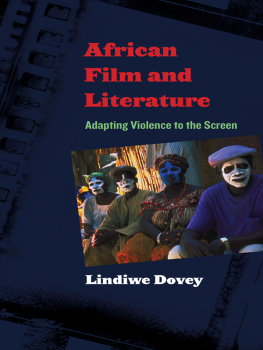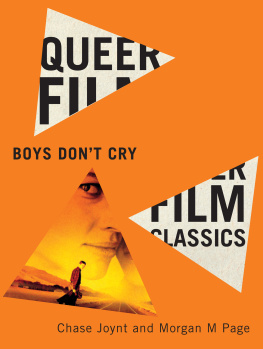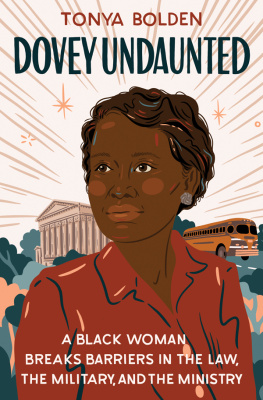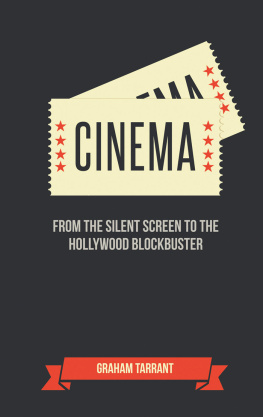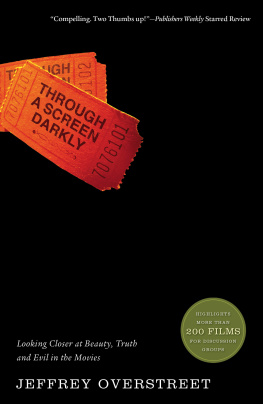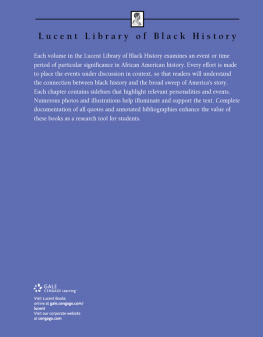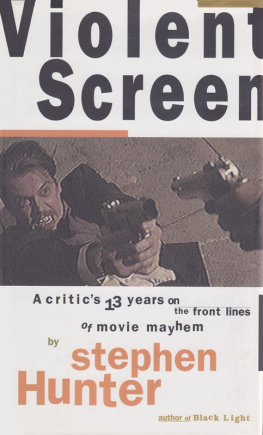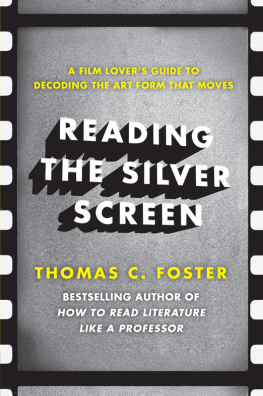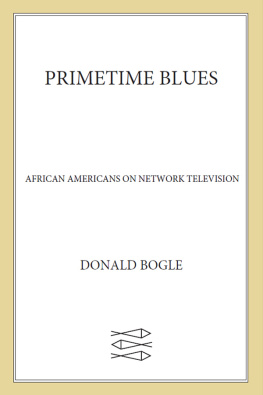Lindiwe Dovey - African Film and Literature: Adapting Violence to the Screen
Here you can read online Lindiwe Dovey - African Film and Literature: Adapting Violence to the Screen full text of the book (entire story) in english for free. Download pdf and epub, get meaning, cover and reviews about this ebook. year: 2009, publisher: Columbia University Press, genre: Politics. Description of the work, (preface) as well as reviews are available. Best literature library LitArk.com created for fans of good reading and offers a wide selection of genres:
Romance novel
Science fiction
Adventure
Detective
Science
History
Home and family
Prose
Art
Politics
Computer
Non-fiction
Religion
Business
Children
Humor
Choose a favorite category and find really read worthwhile books. Enjoy immersion in the world of imagination, feel the emotions of the characters or learn something new for yourself, make an fascinating discovery.
- Book:African Film and Literature: Adapting Violence to the Screen
- Author:
- Publisher:Columbia University Press
- Genre:
- Year:2009
- Rating:3 / 5
- Favourites:Add to favourites
- Your mark:
- 60
- 1
- 2
- 3
- 4
- 5
African Film and Literature: Adapting Violence to the Screen: summary, description and annotation
We offer to read an annotation, description, summary or preface (depends on what the author of the book "African Film and Literature: Adapting Violence to the Screen" wrote himself). If you haven't found the necessary information about the book — write in the comments, we will try to find it.
Lindiwe Dovey: author's other books
Who wrote African Film and Literature: Adapting Violence to the Screen? Find out the surname, the name of the author of the book and a list of all author's works by series.
African Film and Literature: Adapting Violence to the Screen — read online for free the complete book (whole text) full work
Below is the text of the book, divided by pages. System saving the place of the last page read, allows you to conveniently read the book "African Film and Literature: Adapting Violence to the Screen" online for free, without having to search again every time where you left off. Put a bookmark, and you can go to the page where you finished reading at any time.
Font size:
Interval:
Bookmark:
African Film and Literature
Film and Culture Series
John Belton, General Editor
African Film
and Literature
Adapting Violence to the Screen
Lindiwe Dovey

Columbia University Press
New York
Columbia University Press wishes to express its appreciation for assistance by the Faculty of Languages and Cultures at SOAS, University of London, toward the cost of publishing this book.
Portions of the following are included here in slightly different form and are reprinted with the permission of the editors and publishers:
Lindiwe Dovey, Politicising Adaptation: Re-historicising South African Literature through Fools, in Mireia Aragay, ed., Books in Motion: Adaptation, Intertextuality, Authorship (Amsterdam/New York: Rodopi, 2005): 16379;
Lindiwe Dovey, Redeeming Features: From Tsotsi (1980) to Tsotsi (2006), Journal of African Cultural Studies 19.2 (December 2007): 14364.
Columbia University Press
Publishers Since 1893
New York Chichester, West Sussex
cup.columbia.edu
Copyright 2009 Columbia University Press
All rights reserved
E-ISBN 978-0-231-51938-0
Library of Congress Cataloging-in-Publication Data
Dovey, Lindiwe.
African film and literature : adapting violence to the screen / Lindiwe Dovey.
p. cm. (Film and culture)
Includes bibliographical references and index.
ISBN 978-0-231-14754-5 (cloth : alk. paper) ISBN 978-0-231-14755-2 (pbk. : alk. paper) ISBN 978-0-231-51938-0 (ebook)
1.Motion picturesAfrica. 2.AfricaIn motion pictures. 3.Violence in motion pictures. I. Title.
PN1993.5.A35D68 2009
791.43096dc22 2008042411
A Columbia University Press E-book.
CUP would be pleased to hear about your reading experience with this e-book at .
References to Internet Web sites (URLs) were accurate at the time of writing. Neither the author nor Columbia University Press is responsible for URLs that may have expired or changed since the manuscript was prepared.
For Teresa Dovey
CONTENTS
From Fools (Courtesy of JBA Production,France)
From Tsotsi (Courtesy of Peter Fudakowski)
From A Walk in the Night (Courtesy of California Newsreel)
From Cry, the Beloved Country(1995)
(Courtesy of Videovision Entertainment)
From Karmen Ge (Courtesy of California Newsreel)
From La Gense (Courtesy of California Newsreel)
This book seeks to reinstate the importance of authorship as well as of spectatorship. Accordingly, it is necessary to own up to my authorial presence. Born in apartheid South Africa to parents involved in anti-apartheid work, I was raised in a highly politicized and violent context. The interest that I developed in the film medium in my teenage years grew out of my family's obsession with recording: my father would borrow a video camera once every few years in order to interview my sister and me about our lives, our political views, and our dreams for the future; he would also give the video camera to us and we would interview our parents on similar topics. In this way, the personal, political, historical, and anthropological potential latent in film as an audiovisual recording medium became apparent to me. As an undergraduate in the United States, I studied film production jointly with literature and found the theory and practice of film adaptation a compelling way of coalescing my interest in both art formscinema and literature. Adapting a South African novel, Olive Schreiner's The Story of an African Farm (1883), into a short film as part of my Honors thesis, I felt great pleasure in feeling as though I was returning to my African roots. As a consequence, I decided to merge my love of Africa and my passion for film adaptation through a Ph.D. on African film adaptation.
From the time at which I embarked on the Ph.D. until the present, in my position as a Lecturer in African Film at the School of Oriental and African Studies in London, I have seen my work as twofold: on the one hand, as theoretical and critical, through my conventional academic writing; on the other hand, as practical, pedagogical, and political, in my founding of the Cambridge African Film Festival (www.cambridgeafricanfilmfestival.co.uk) and my involvement in the founding and organization of the London African Film Festival as a way of increasing exhibition and distribution of African films in the UK, through my work as a filmmaker, and through my teaching. As I began my Ph.D., I found myself reading accounts of African cinema describing it as the last cinema due to its notorious overlooked situation globally. As small and localized as the Cambridge African Film Festival's impact has been since its inauguration in 2002, it has nevertheless provided a forum for showing African films and the education of UK audiences on Africa through discussions with African filmmakers after the screenings. Coming to understand in a very real, hands-on sense the difficulties that face African filmmakers in getting their films distributed and exhibited has been an important part of my education as an African film critic. Furthermore, having made films myself, I am acutely aware of the institutional, communal, and practical aspects of the film medium which determine that the process of making a film is not an isolated and controlled one, but often contingent on multiple, recalcitrant factors and replete with necessary compromises. While the interpretation of one's work remains with the beholder, the particular nature of filmmaking means that frequently a brief interview with a director can clear up a great number of issues and save the critic from embarrassingly far-fetched interpretations. Personal interviews with African filmmakers, writers, and actors therefore inform this book and are a crucial part of my methodology in all my work.
In my conventional academic writing, of which this book is an example, one of my goals has been to do justice to the complexity of African screen media through providing extended, formal analyses of particular African films, while drawing simultaneously on interviews, historical sources, and sociocultural analysis in my interpretations. I had the privilege, over a steaming coffee in snow-covered Sweden, at the 2006 Stockholm African Film Festival, of asking Manthia Diawara, the first to write a book about continent-wide film production in Africa and an African filmmaker in his own right, what direction he feels African film criticism now needs to take. He said that what has been lacking within African film studies is a serious and profound consideration of the films themselves. Similarly, Keyan Tomaselli cites the great Ethiopian filmmaker, Haile Gerima, as saying: As long as critical theory in African cinema does not make the transition to critical analysis the state of African cinema, now thirty years old, remains underdeveloped (2006:84). Franoise Pfaff makes an argument for innovative, kaleidoscopic analysis of African films (2004a:8), and even scholars of Nigerian video films argue that, We need much deeper readings of the films, approaching them as works of art with adequate interpretative sophistication (Haynes 1997a:10).
In African film studies, bibliographic approaches prevail, with critics recounting film narratives in an assumption that their readers will not have seen the films of which they speak. This has often been the case in the past, but as African films gain wider exposure and become more readily available for purchase, a rigorous tradition of African film scholarship needs to develop to complement this movement toward increased accessibility. Such scholarship might also broaden and enhance the work of early African film critics, who have been laboring steadily and tirelessly from the 1960s in order to secure more interest in the cinemas of Africa. The work of these African film critics and theorists has been supplemented more recently by the vital work of media ethnographers who are playing an important role in drawing together cultural-materialist and textual-aesthetic points of view, thereby emphasizing the need for film academics to acknowledge the geo-historical and sociocultural locatedness of the texts they analyze in addition to their aesthetic forms (Ginsburg, Abu-Lughod, and Larkin 2002; Askew and Wilk 2002).
Next pageFont size:
Interval:
Bookmark:
Similar books «African Film and Literature: Adapting Violence to the Screen»
Look at similar books to African Film and Literature: Adapting Violence to the Screen. We have selected literature similar in name and meaning in the hope of providing readers with more options to find new, interesting, not yet read works.
Discussion, reviews of the book African Film and Literature: Adapting Violence to the Screen and just readers' own opinions. Leave your comments, write what you think about the work, its meaning or the main characters. Specify what exactly you liked and what you didn't like, and why you think so.

